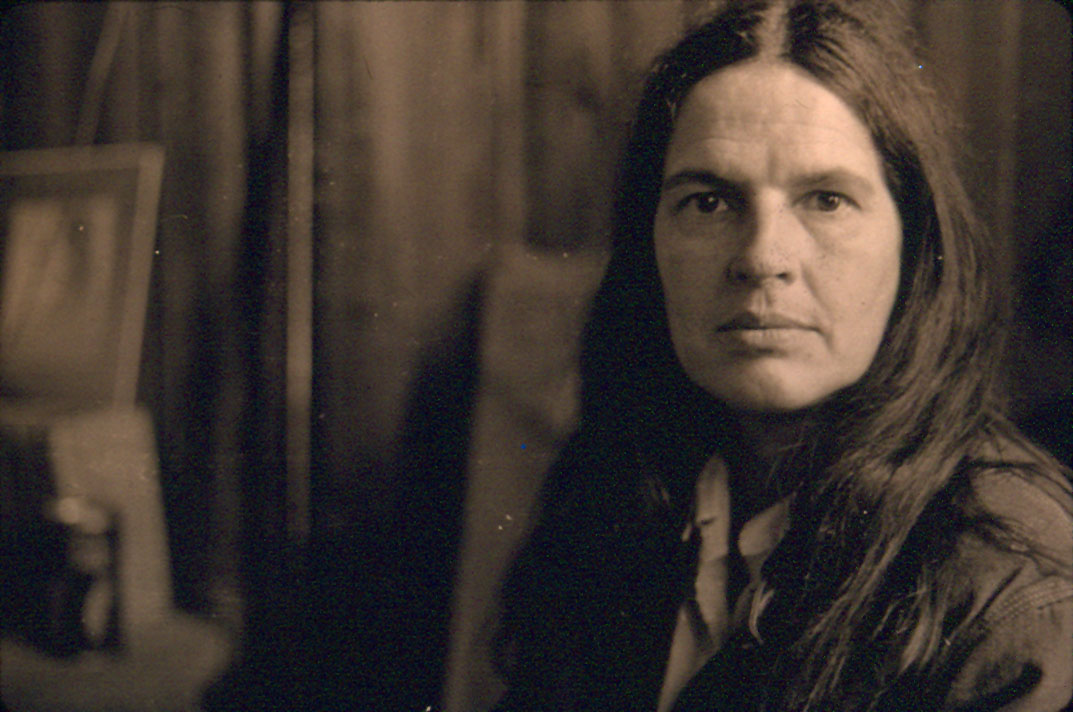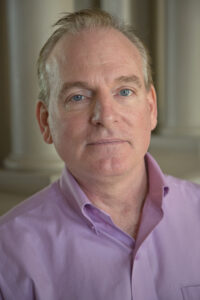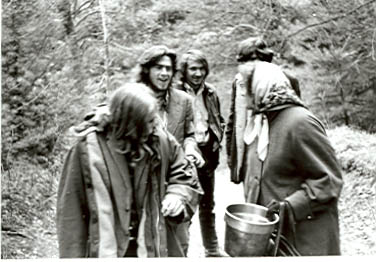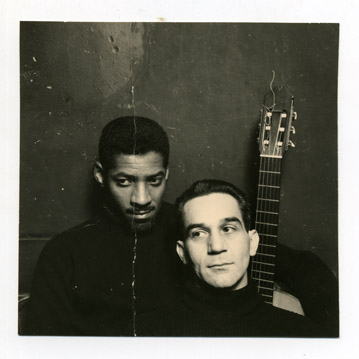Paul Halpern Collection
A theoretical physicist at University of the Sciences in Philadelphia, Paul Halpern is the author of a dozen popular books on science and dozens of scholarly articles. After spending his undergraduate years at Temple University, Halpern received a doctorate at SUNY Stony Brook, and has since written on complex and higher-dimensional solutions in general relativity theory and the nature of time as well as the history of the modern physical sciences. He has been a Fulbright Scholar and fellow of the John Simon Guggenheim Foundation.
The hundreds of ephemeral publications, fliers, and handbills in the Halpern Collection provide a window into political and social activism in Philadelphia during the late 1970s and early 1980s. The content ranges widely from publications produced by peace and disarmament groups to the literature of anti-imperialist (e.g. CISPES), antinuclear groups (SANE and post-Three Mile Island mobilization), radical political parties, and religious organizations including the Unification Church and the Church of Scientology.






